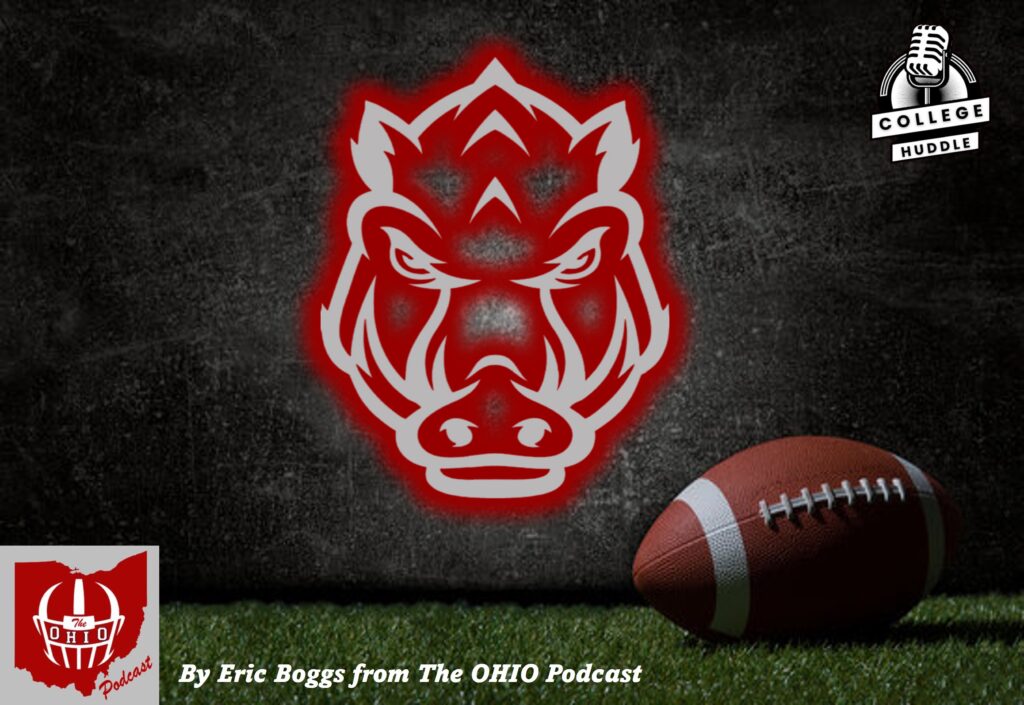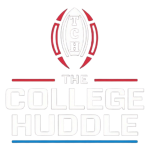
Arkansas Football Gets a Former MLB Player
By Eric Boggs from The OHIO Podcast
Arkansas has made headlines by securing the commitment of Monte Harrison, a former player in both major and minor league baseball, who has been absent from the football scene for a decade. Harrison, a former major and minor league baseball player who has been removed from football for 10 years, is expected to play wide receiver for the Razorbacks in 2024.
Harrison was a four-star receiver in the 2014 class before opting to go the professional baseball route. He didn’t have the success that he’d hoped for, batting .240 in the minors with 90 home runs and 336 RBIs but he did flash some speed with 210 stolen bases on 249 attempts. In three stints in the majors, Harrison hit just .177 with two homers and six RBIs as well as seven stolen bases in eight attempts. He had 76 plate appearances in his MLB career.
Despite his age of 28, with 29 looming on the horizon, Harrison’s addition to the Arkansas roster injects a sense of excitement, particularly within the offensive ranks. His considerable speed offers a promising asset to the team’s receiving corps, positioning him as a compelling figure to monitor as the season progresses.
However, the acquisition of a player who has already pursued a professional career in another sport raises pertinent questions regarding eligibility and fairness within collegiate athletics. While Harrison’s talent and experience undoubtedly warrant attention, the ethics of allowing individuals who have already tasted the fruits of professional competition to compete alongside traditional collegiate athletes remains a topic of debate. The intersection of professional and collegiate sports blurs the lines of fairness and raises concerns about the integrity of amateur athletics. As Harrison embarks on this new chapter of his athletic journey, his presence on the college football stage serves as a reminder of the evolving landscape of collegiate sports and the complex considerations that accompany such transitions.





